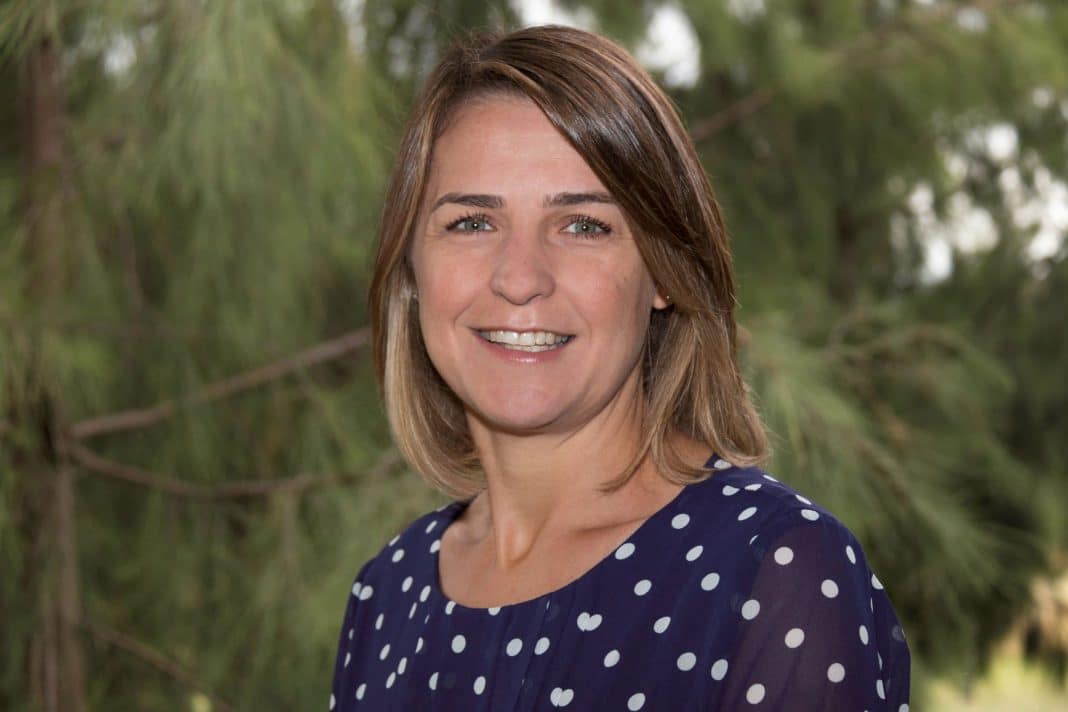A stroke is one of the most chilling medical experiences one can go through in life, and nobody wants a repeat.
However, even though improvements in diet and exercise can reduce the risk of further strokes or heart attacks by 80 per cent, fewer than two per cent of Aussie cardiac rehab participants are people who have suffered a stroke or transient ischaemic attack (TIA or mini stroke).
“This is pretty similar for cardiac rehab programs around the world,” says University of Canberra’s Dr Nicole Freene. “Internationally though… systems aren’t in place to facilitate this.”
The good news for Canberrans is that Dr Freene’s team at the University of Canberra is leading a new, free cardiovascular rehabilitation (CVR) program for people who have had a TIA, mild stroke, or have heart disease.
Dr Freene hopes that the results of the study will build evidence that will eventually lead to similar programs becoming routine referrals for those who suffer TIA or mild stroke, boosting Australians’ heart health as a whole.
The six-week program teaches participants how to take care of their brains and hearts. Every week it involves:
- 60-minute individually tailored group exercise sessions led by a qualified physiotherapist/exercise physiologist.
- 60-minute group education sessions, to teach participants about how the heart and brain work, how to manage symptoms and reduce risk factors. These are delivered by dietitians, psychologists, pharmacists, physiotherapists, and exercise physiologists.
- A fun and supportive environment to help participants keep their heart and brain healthy.
“One in 10 stroke survivors have another stroke within one year,” says Dr Freene. “One in five people who have had a transient ischaemic attack, or TIA, are at risk of having a stroke within 90 days.
“Attending a comprehensive secondary prevention program, such as the CVR program, that aims to improve fitness and diet as well as address other risk factors, can significantly reduce this risk.”
As well as educating about the benefits of exercise, the sessions cover how to deal with stress, anxiety, and depression; cardiac and stroke medications; managing symptoms; and nutrition advice.
As a class, participants will be enabled to self-manage these risk factors and reduce their risk of further cardiovascular events.
The CVR program is funded by an ACT Health Research and Innovation Fund grant, allowing the program to run over a two-year period. Sessions are held on Wednesdays 10.30am-12.30pm.
If you are interested in participating or have any questions, contact Inga Eveston at 0484 529 646 or [email protected]
Canberra Daily is keen to hear from you about a story idea in the Canberra and surrounding region. Click here to submit a news tip.



